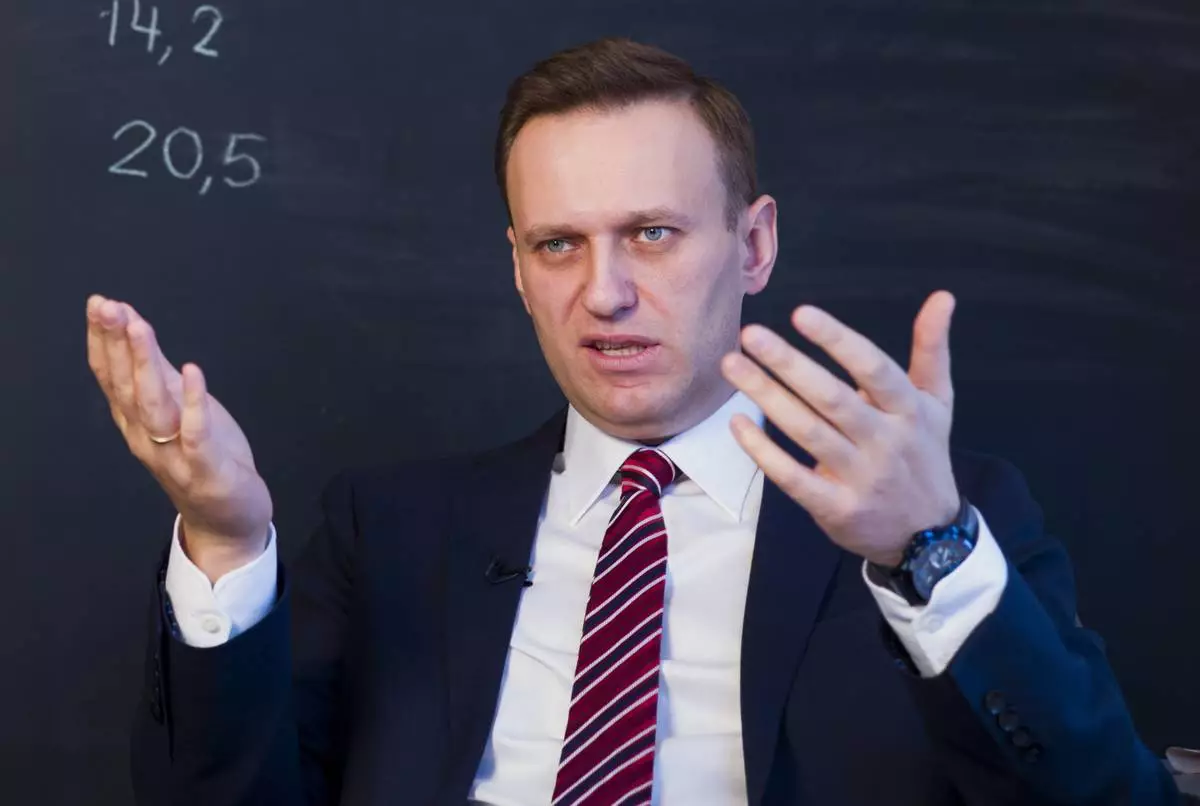In the first primary state where Democratic presidential hopefuls can test their mettle before a mostly black audience, Beto O'Rourke took on issues of race Friday, telling South Carolina voters that he might not know their struggles firsthand but wants to be a president who can try to fix them.
"I'm a white man who's had privilege in my life," the former Texas congressman told a crowd at South Carolina State University, a historically black school in Orangeburg, saying there are struggles he hasn't faced. "I've listened to those who have, and I'm listening to you today."
The trip is O'Rourke's first to this state, which holds the first primary in the South. It's also the first place for candidates to be tested by a Democratic primary electorate that is mostly black.
O'Rourke has talked about white privilege before, saying earlier this week in Iowa that he didn't think being a white male in a historically diverse field of candidates put him at a disadvantage because his gender and race have given him inherent advantages for years.
Before a mostly black crowd of about 200 at South Carolina State, his voice hoarse after a multitude of events across several states in recent days, O'Rourke framed many of his answers to town hall-style questions around his desire to equalize what he sees as race-based unfairness in access to health care and business capital, as well as in the criminal justice system.
"Whether it's a war on drugs, the inability to obtain capital in a capitalist economy ... all of it comes to a head, and so much of it causes people to lose their lives," O'Rourke said in answering a question about how to stop incidents of police violence against black suspects. "Yes, we need accountability for police officers."
Earlier in the day, before a primarily white audience of several hundred at the University of South Carolina's campus in Columbia, O'Rourke emphasized what he sees as inequality in the prosecution and imprisonment of minorities, also advocating for legalization of marijuana, a point he has made before .
"How can we have a system of justice so patently unjust?" O'Rourke asked. "Let's end the war on drugs, the war on people."
O'Rourke is spending Saturday morning in Charleston for a town hall hosted by state Sen. Marlon Kimpson. His South Carolina debut — and the swarm of media that has followed him through other early states including Iowa and New Hampshire — is sucking much of the political oxygen out of the atmosphere on a weekend when other members of the sprawling Democratic primary field are also visiting. New Jersey Sen. Cory Booker and South Bend, Indiana, Mayor Pete Buttigieg also have several events in the state on Saturday.
Meg Kinnard can be reached at http://twitter.com/MegKinnardAP










